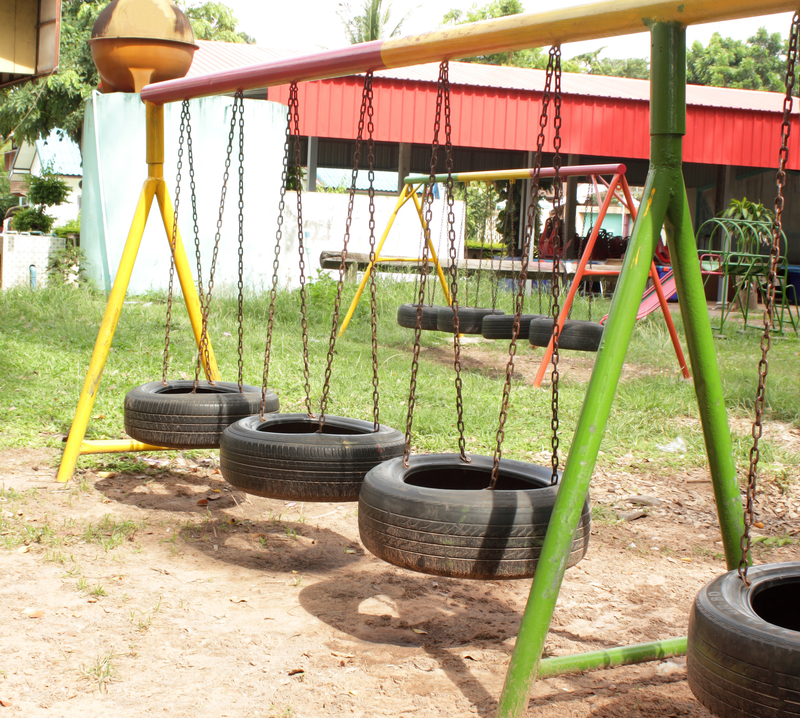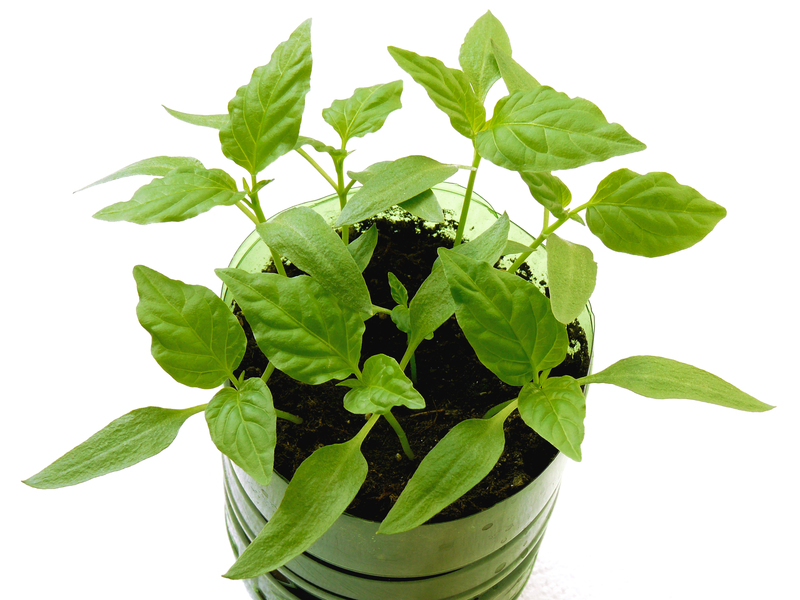Achieving Zero Waste: Practical Home Prevention Tips
Zero waste is more than just a buzzword--it's a lifestyle dedicated to reducing what we send to landfill and finding better, more sustainable ways to manage our resources. As concerns about climate change and pollution grow, more households are seeking zero waste solutions to minimize their environmental impact. In this comprehensive article, we'll explore practical, actionable steps for achieving zero waste at home, with a focus on prevention, reduction, and conscious consumerism.

What Does Achieving Zero Waste Mean?
Simply put, zero waste aims to eliminate the amount of waste you produce by rethinking, reducing, reusing, and recycling materials responsibly. The ultimate goal? Send nothing to landfill. Instead, everything either gets reused, repurposed, composted, or properly recycled.
Why Is Zero Waste Important?
- Reduces Landfill Use: Less trash means less space for landfills, shrinking environmental hazards.
- Protects Wildlife: Waste in the environment harms animals and ecosystems.
- Conserves Resources: Sourcing raw materials requires tremendous energy and water. Reducing waste saves these resources.
- Reduces Pollution: By sending less to landfill and incinerators, we curb air and water pollution.
- Saves Money: Adopting zero waste habits often leads to buying less and saving money.
Key Principles of Zero Waste Prevention
Before diving into practical tips, it's important to understand the pillars of a zero waste lifestyle. The "5 Rs" serve as your roadmap:
- Refuse: Say no to things you don't need.
- Reduce: Minimize what you bring into your home.
- Reuse: Choose items designed for repeated use.
- Recycle: Properly separate and recycle anything that can't be refused, reduced, or reused.
- Rot: Compost organic materials to enrich your soil, not the landfill.
Practical Home Tips for Achieving Zero Waste
1. Shop Smart to Prevent Waste
- Buy in Bulk: Reduce packaging by purchasing dry goods, cleaning supplies, and even toiletries in bulk using your own containers.
- Choose Package-Free: Shop at farmers' markets or bulk stores that allow you to bring your own bags and containers.
- Plan Your Meals: Meal planning helps you buy only what you need, reducing food waste.
- Avoid Single-Use Plastics: Say no to plastic bags, bottles, straws, and utensils. Bring your own bag, bottle, and cup wherever you go.
- Prioritize Quality: Invest in well-made, durable goods over cheap items that break easily and end up in the trash.
2. Rethink Food and Kitchen Habits
- Compost Food Scraps: Set up a compost bin for fruit and vegetable peelings, coffee grounds, and eggshells. This reduces trash and creates free fertilizer.
- Embrace Leftovers: Reinvent last night's dinner into new dishes to avoid throwing out food.
- Store Food Properly: Use glass or stainless steel containers to keep food fresh longer and curb spoilage.
- Make Your Own Staples: DIY items like yogurt, bread, or condiments to cut back on packaging waste.
- Reduce Meat and Dairy Consumption: These industries have large environmental footprints. Incorporate more plant-based meals into your week.
3. Upgrade Your Cleaning and Personal Care Routine
- DIY Cleaners: Use simple ingredients like vinegar and baking soda, stored in reusable spray bottles, to clean floors, counters, and even windows.
- Switch to Soap Bars: Soap bars for hands, dishes, and hair (shampoo bars) reduce plastic waste compared to bottles.
- Reusable Cleaning Tools: Choose washable rags, cloths, and mop heads over single-use wipes or paper towels.
- Opt for Refillable Products: Seek companies that offer refills for cleaning sprays, lotion, or shampoo.
- Compostable Toothbrushes and Razors: Bamboo toothbrushes and safety razors last longer and are less harmful at end of life.
4. Eliminate Single-Use Items
- Bring Your Own Cup: Use a reusable coffee cup or water bottle everywhere to cut down on disposable plastics.
- Zero Waste Lunches: Pack meals in metal or glass containers, and avoid cling wrap by using beeswax wraps or silicone lids.
- Use Cloth Napkins: Replace paper with cloth napkins and towels in the kitchen and dining room.
- Period Products: Consider reusable options such as menstrual cups, cloth pads, or period underwear to prevent waste from disposable products.
- Reusable Shopping Bags: Always have a foldable tote handy for spontaneous purchases.
The Benefits of a Zero Waste Lifestyle at Home
Zero waste living brings positive change beyond just reducing trash. Here's what you can expect:
- Simplified Lifestyle: Less clutter, fewer unnecessary purchases, and more intention in your routines.
- Stronger Community: Participate in local zero waste or swap groups, sharing and supporting each other.
- Money Savings: Spending less on throwaway items or frequent replacements.
- Environmental Impact: Directly lowering your household's carbon footprint and waste output.
- Personal Health: Avoiding chemical-laden products and processed foods is often a happy side effect of the zero waste path.
Zero Waste Room by Room: Practical Prevention Strategies
Kitchen
- Compost Bin: Place it on the counter for easy use and regular emptying.
- Bulk Shopping Jars: Store grains, beans, and snacks in labeled glass jars for easy visibility.
- Reusable Towels: Swap out paper towels for cloth options that can be washed again and again.
- Water Filter: Use a refillable filter pitcher instead of single-use water bottles.
Bathroom
- Bar Soaps & Shampoo Bars: Plastic-free and often last longer.
- Bamboo or Refillable Razors: Reuse the razor, only replacing the blade.
- Low-Flow Fixtures: Save water with efficient faucets and showerheads.
- Cloth Makeup Pads: Gentle and can be laundered hundreds of times.
- Refill Toothpaste Tablets: Plastic-free, portioned, and easy to pack when traveling.
Bedroom & Wardrobe
- Buy Secondhand: Choose thrift or consignment shops to give clothes and furniture new life.
- Mend and Repair: Learn basic sewing to extend the lifespan of your clothes.
- Capsule Wardrobe: Minimize apparel to a smaller selection of versatile, timeless pieces.
- Sustainable Fabrics: Seek natural fibers like organic cotton or linen; avoid synthetics that shed microplastics.
Living Room
- Donate or Sell Unused Items: If something no longer brings joy or serves you, pass it on.
- Digital Media: Opt for digital books, movies, and games rather than physical copies.
- Houseplants: Decorate with plants for air purification without the waste of cut flowers.
- Upcycled Decor: Repurpose jars for vases, or old wood for new shelves.
Going Beyond: Involve Your Community
Zero waste at home has ripple effects in your neighborhood. Here's how to help the movement grow:
- Host Clothing Swaps: Give items a new home and prevent waste.
- Start a Tool Library: Share infrequently used tools with neighbors.
- Connect with Local Farmers: Buy direct, reducing transportation emissions and packaging.
- Support Zero Waste Businesses: From coffee shops that allow refillable cups to bulk stores, shop your values.
Common Obstacles and How to Overcome Them
- Time Constraints: Start small--swap paper towels for rags, then move to bigger changes.
- Convenience Culture: Build zero waste habits with easy wins, like reusable bottles or bags.
- Lack of Options: If you don't have low-waste stores nearby, do your best by reusing and recycling locally.
- Family Buy-In: Educate family and make changes together to build motivation and participation.

Sustainable Zero Waste Tools and Resources
- Compost Bins: Countertop or outdoor models for every home size.
- Reusable Containers: Glass, silicone, or stainless steel lunch boxes and jars.
- Beeswax Wraps & Silicone Lids: For covering leftovers and packing lunches.
- Zero Waste Starter Kits: Bundles with essentials like shopping bags, cups, straws, and utensils.
- Books & Blogs: Guides such as "Zero Waste Home" by Bea Johnson and "The Zero Waste Chef."
Online Platforms
- Local Zero Waste Facebook Groups: Find tips, events, and swap meets.
- Instagram & Pinterest: Discover hacks and inspiration from the global zero waste community.
- Recycling Locators: Use platforms like Earth911 to find recycling drop-off points near you.
Zero Waste Is a Journey--Not Perfection
Remember, achieving zero waste is about progress, not perfection. Every small step matters! Even adopting a few of these practical home prevention tips for zero waste can significantly reduce your trash output and environmental impact. Celebrate your wins, learn from slip-ups, and keep your eyes on the long-term goal: a cleaner, healthier planet for all.
Start your zero waste journey at home today. Take inventory of your current habits, set realistic goals, and make conscious swaps over time. Together, we can make waste a thing of the past!